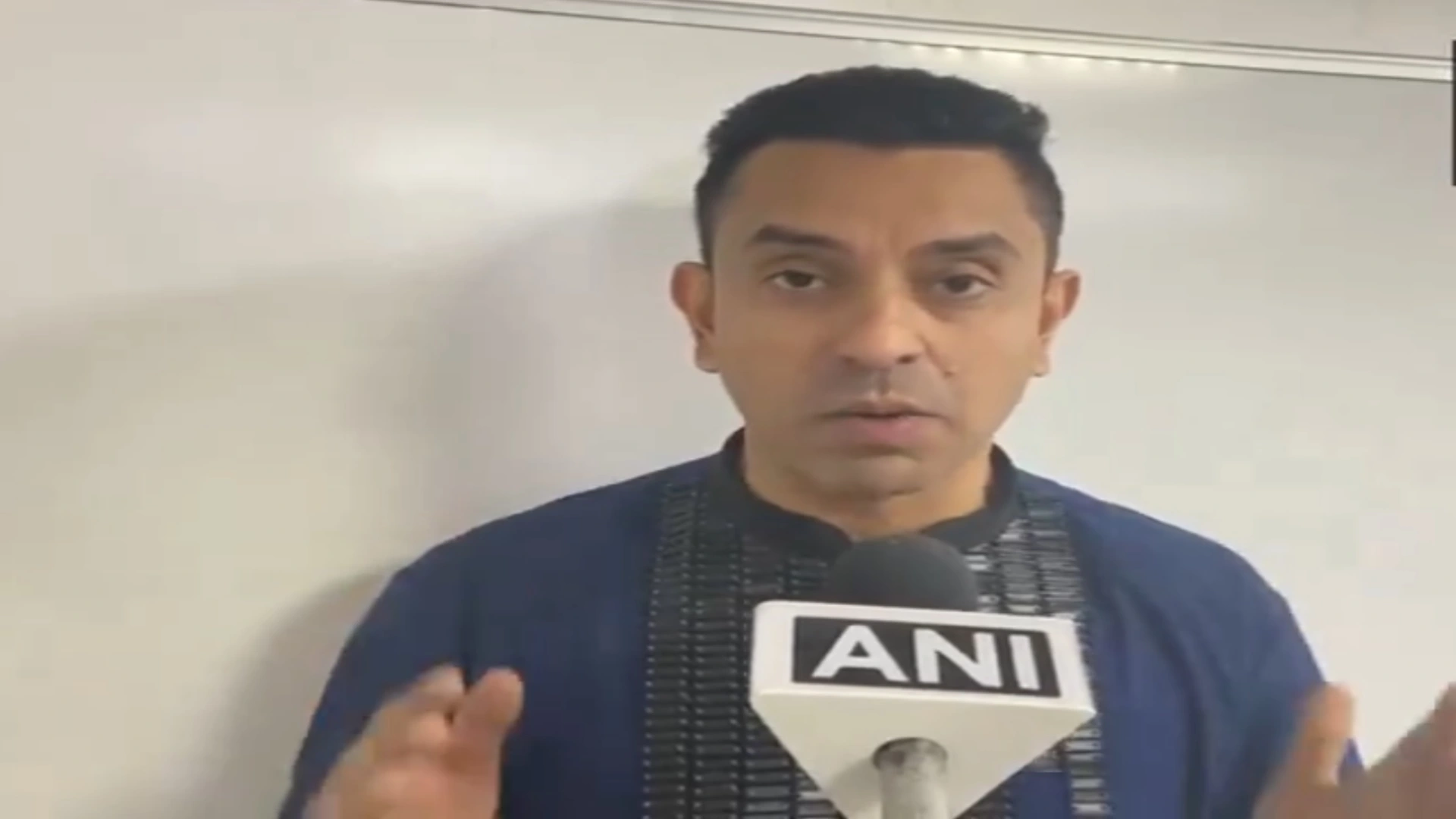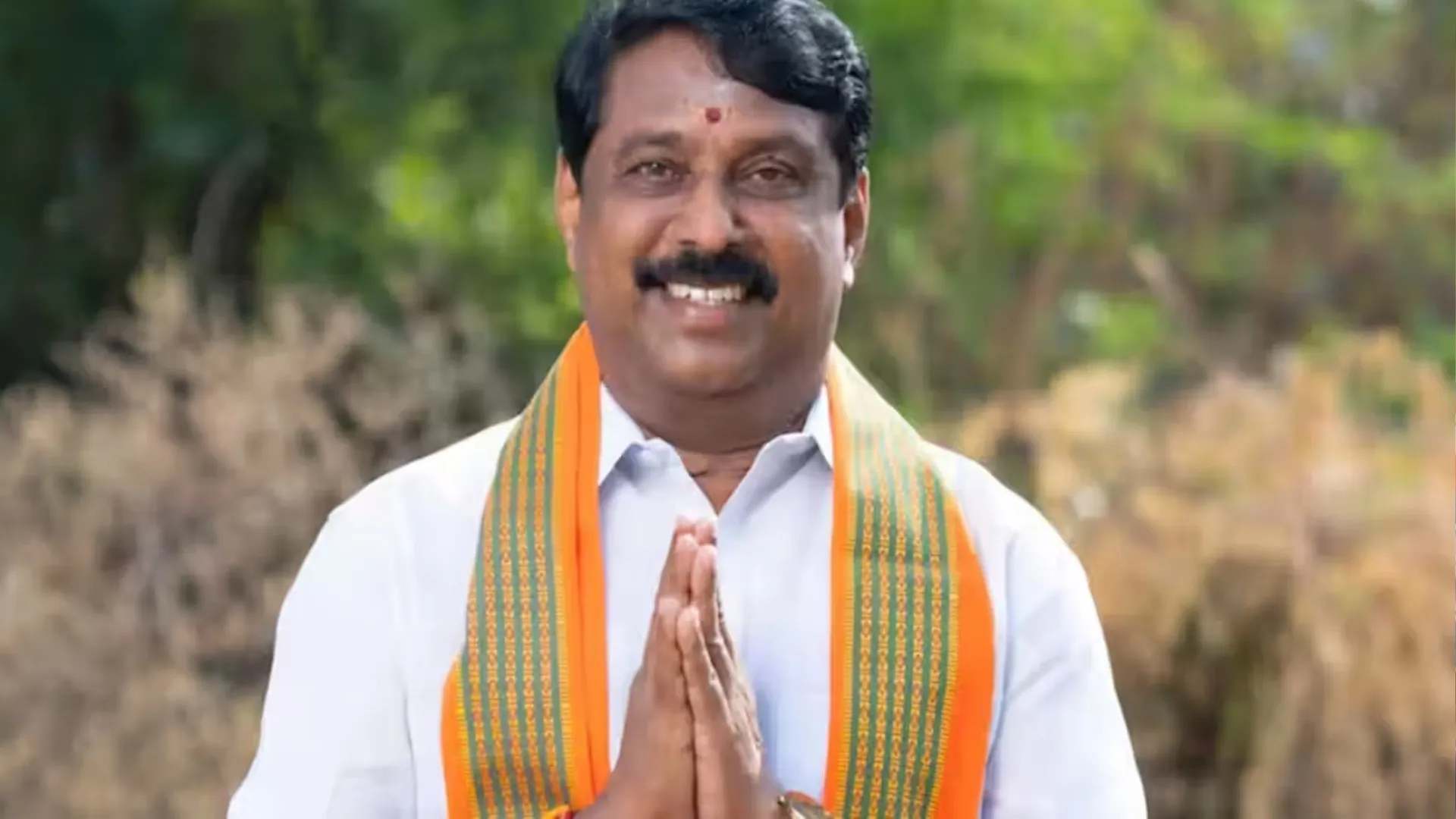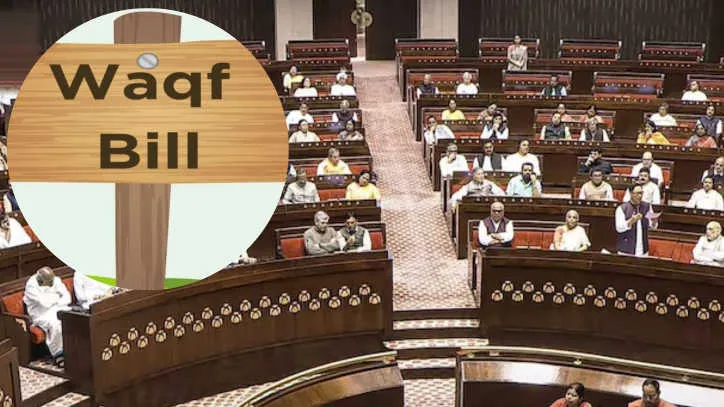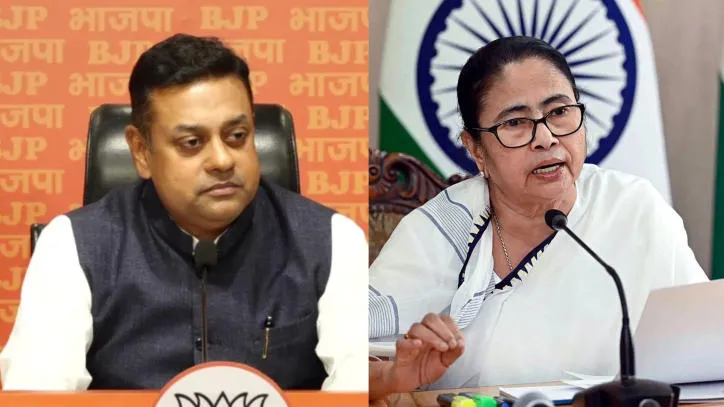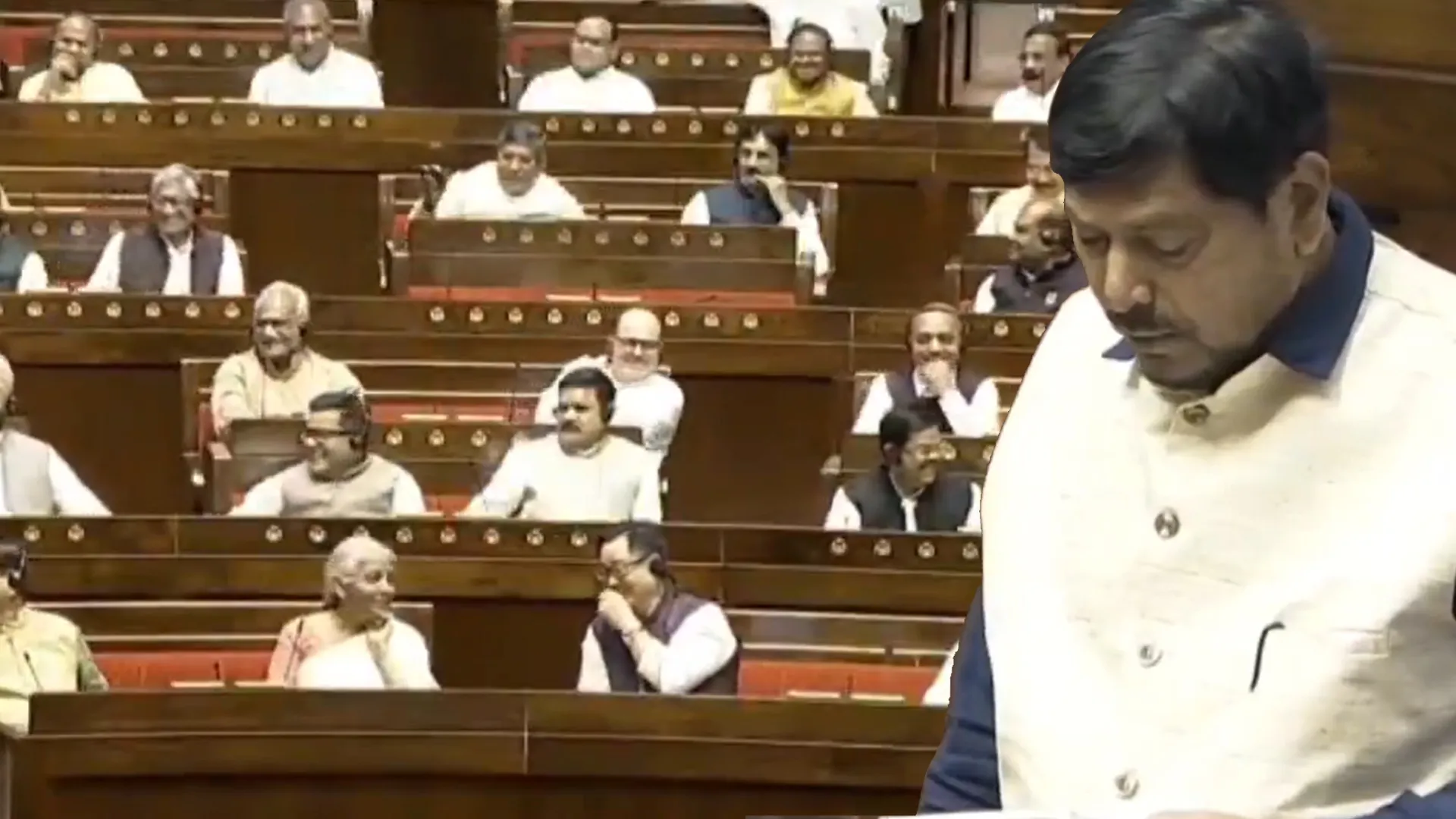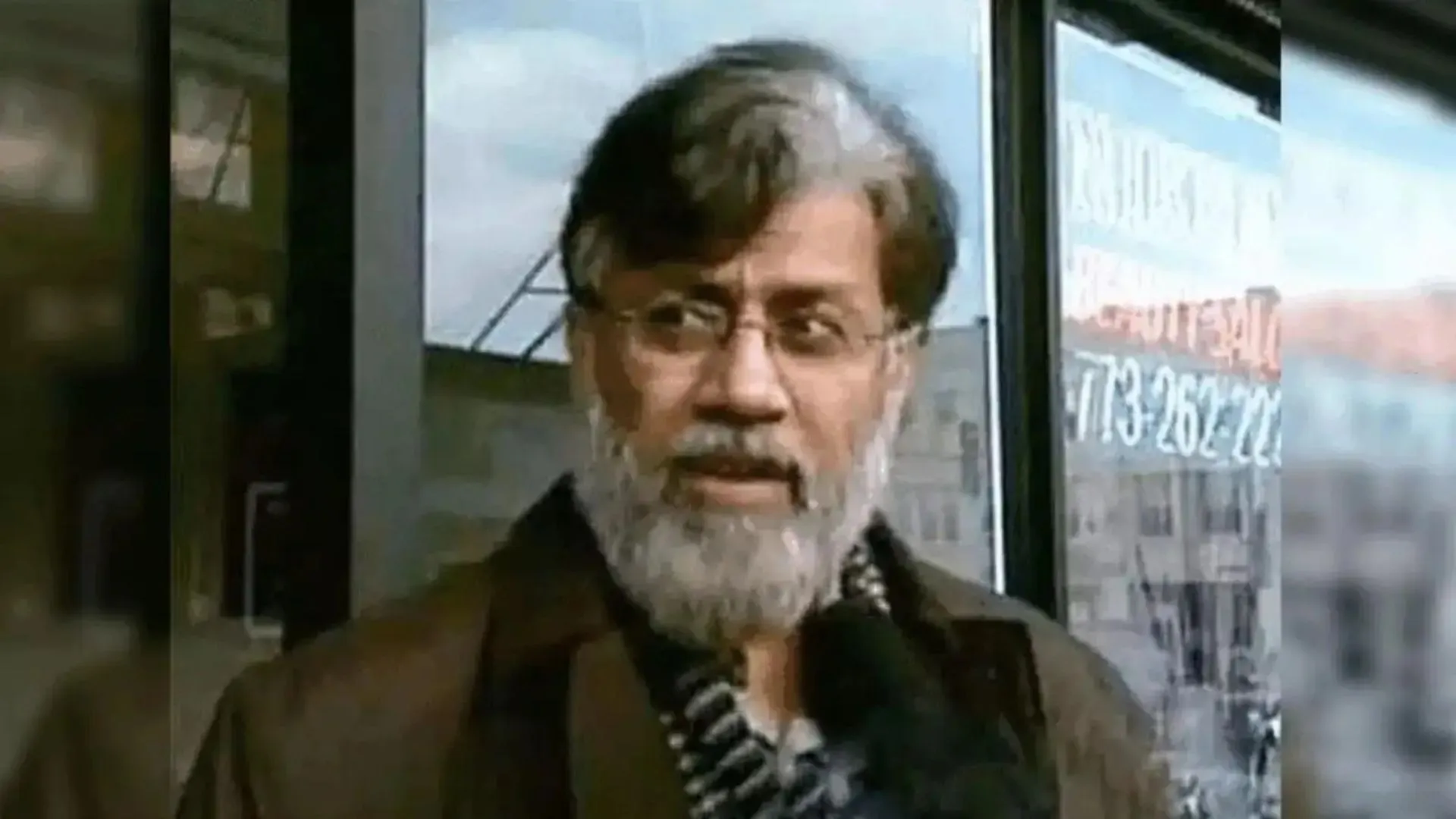Political analyst Tehseen Poonawalla has raised significant questions regarding Congress’s defeat in the Haryana Assembly elections, emphasizing internal mismanagement. He pointed out that while the Congress seemed poised for victory, the selection of candidates became a major issue, particularly with several rebels contesting against official Congress nominees. Poonawalla questioned the role of backroom managers in failing to address the internal rebellion, which led to the party’s loss. He cited senior leader Kumari Selja’s sidelining as an example of poor decision-making.
Poonawalla says, “When there was a clear sweep or expected sweep in favour of the Congress, why was the candidate selection done in a way that so many rebels contested against the Congress candidate? who are the backroom managers who could not manage these rebels, thus causing a loss to Congress? Was it right and prudent for somebody like Kumari Selja, who’s a senior leader, to not have been accommodated at that point by the backroom managers?… And most importantly, these backroom managers who have caused so much loss to the congress be it in Delhi, in Punjab, now in Haryana when will they own up responsibility for what has happened? We should also ask two questions. Was it worth taking, Lal Singh in Jammu or Ashok Tanwar in Haryana? What value have they added to the Congress party? Because Haryana in particular was an election that the Congress should have won. There was a huge anti-incumbency wave against the BJP”
Poonawalla’s sharp critique also extended to the inclusion of controversial leaders like Lal Singh in Jammu and Ashok Tanwar in Haryana. He questioned their actual contributions to the Congress’s performance and stressed that the Haryana election was a lost opportunity, given the strong anti-incumbency sentiment against the BJP.
Poonawalla’s analysis underscores internal factionalism within the Congress, where failure to unify the party and effectively manage rebel candidates hurt their electoral chances in a state they were expected to win. This defeat follows a trend of similar losses, which Poonawalla attributes to ineffective backroom strategy, leaving many asking when those responsible will take accountability.
Also read: J&K Assembly Election Results 2024: Modi Hails JKNC Win, Acknowledges BJP Efforts
The Congress party now faces the tough challenge of introspection and reorganization if it wants to regain political ground in future elections. Poonawalla’s comments reflect widespread concerns about the internal dynamics of the party, especially regarding leadership choices and candidate management. As Congress grapples with these recurring issues, the path ahead looks uncertain unless major changes are made in their electoral strategy and leadership structure.
This analysis of Congress’s failure in Haryana echoes earlier election post-mortems where the party struggled to manage internal factions and present a unified front, once again costing them a crucial victory.

